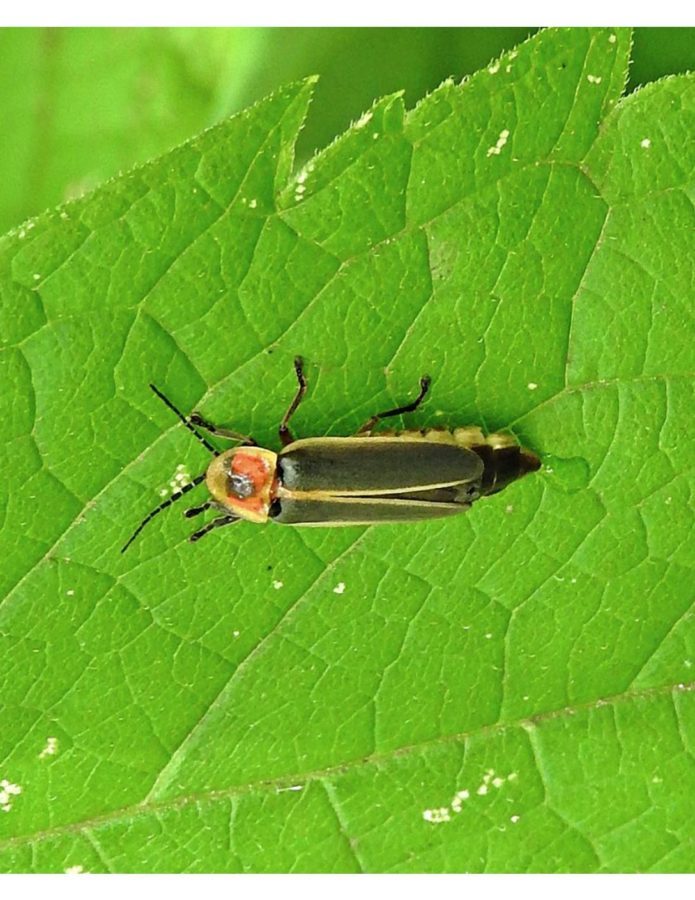Bucknell professors, students research effects on pathogens on decreasing firefly populations
November 19, 2022
Three Bucknell professors and three Bucknell students joined forces to research how bacteria pathogens affect firefly lifespans. Their paper was published in Ecological Entomology, a journal of the Royal Entomological Society.
Biology professors Sarah Lower and Moria Chambers along with mathematics professor Owais Gilani and three students studied the effects of infection by local bacteria and how its inclusion altered the survival rate of the assessed fireflies. They studied four different bacteria pathogens and contrasted them with fireflies that received a saline injection.
The team discovered that the fireflies experienced a higher mortality rate when infected with a certain bacterium that can be found in both land and water, and despite scientists knowing very little about firefly ecology, it can be inferred that the fireflies come into contact with it through their diet, water or in the soil they inhabit as larvae. It’s also been noted that firefly conservation and facilitating resurgence of species has been difficult across the board; even when eggs hatch in a lab facility, the larvae still often experience problems despite the sheltered environment.
However, one of the most shocking findings of the study was that fruit flies, when injected with the same bacteria as the fireflies, died or were affected by infection at a much lower dosage than fireflies. When fireflies were injected with the same pathogens, it was comparable to being injected with saline.
“That suggests that there’s something about their immune system that is allowing them to survive these infections,” Chambers said, in a press release. “They have something that the fruit flies don’t have. There’s something different about the environment in these fireflies.”
The findings suggest a higher urgency to study how exactly fireflies fight off infection and the mechanism by which their bodies protect themselves from infection, both in the wild and by injection. Fireflies injected with pathogens can also serve as a function by which to study diseases at different stages of an organism’s life cycle, which could provide interesting commentary and methodology for studying how COVID-19 could affect people at different stages of their life. This study also acts as a precedent to demand further research into firefly ecology.
The study is funded by The Pittsburgh Foundation, which aims to study the differences across a firefly’s life span.






















